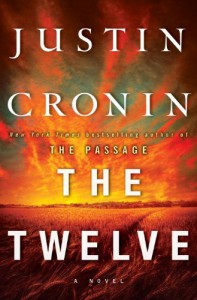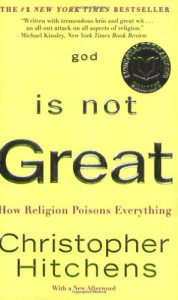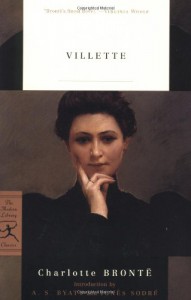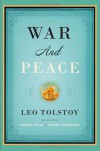
The back of this memoir states that it is a book about a relationship between a fifty-one year old man and a seven year old girl. And it's controversial because it is about just that, a relationship. A socially unacceptable, manipulative, controlling relationship, but a relationship nonetheless and Fragoso writes about it honestly, resisting the temptation to paint herself sympathetically to appeal to readers.Margaux is seven when she meets Peter at a swimming pool - she sees him playing a game with two boys and decides that she wants to join in. Over time Margaux and her mentally ill mother come to like and depend upon kind, generous Peter as a way of getting away from Margaux's father, who has good intentions but is at best absent and at worse an alcoholic brother. Gradually Peter makes himself indespensible to Margaux and starts to groom her. When their relationship becomes sexual, Margaux sees it as something she must just put up with in order to get the love and affection she craves. Even when she has a chance to get away from Peter, she can't bring herself to give up the only person in the world that she thinks truly cares for her, despite all of the things she hates doing. She shuts away that part of herself into a new persona and becomes slowly desensitised.Although a memoir like this, in which conversations are recreated and events described in great detail, can only capture the essence of what happened, Tiger, Tiger felt like it had a lot of truth. I've read some other reviews of it and lots of people are reacting against Margaux for becoming sexually manipulative and not getting away when she had the chance. But for me, this only shows Peter's power as he has manipulated Marguax to the extent where she becomes the instigator and sexual behaviour is completely normalised, something to put up with to get treats. I think it was brave for Fragoso to write it like that and to show ambiguity in all of the people she includes, rather than making it just black and white, good and evil. There is a scene that people object to in particular, where Marguax tries to become sexually manipulative with someone else, but that is how children who are abused often react, and that's usually how the abuse comes to light.The worst part for me was how lots of the adults knew what was going on, but decided not to know and to look the other way. All they do is spread gossip rather than help. I think that does happen in society - no one wants to think that a child could be getting abused, so people find reasons to think something else. In the afterword, Fragoso writes that she hopes the book will help people to become more aware that paedophiles don't look like monsters and don't act stereotypically, and I hope so too.
 May and Pearl are sisters living comfortably in decadent 1930's Shanghai and working as models. When the Japanese attack, they are forced to migrate to America, where they encounter prejudice and hardships. This novel is one of my stand-out favourite reads of 2011 so far. I wasn't expecting it to be as gritty or in-depth as it was and I loved how the relationship between the two sisters was portrayed, especially as I'm very close to my own sister. The immigrant experience was captured well, as was the fear of all Chinese in America after Mao came to power, and the involvement of the FBI.
May and Pearl are sisters living comfortably in decadent 1930's Shanghai and working as models. When the Japanese attack, they are forced to migrate to America, where they encounter prejudice and hardships. This novel is one of my stand-out favourite reads of 2011 so far. I wasn't expecting it to be as gritty or in-depth as it was and I loved how the relationship between the two sisters was portrayed, especially as I'm very close to my own sister. The immigrant experience was captured well, as was the fear of all Chinese in America after Mao came to power, and the involvement of the FBI.
 2
2




















